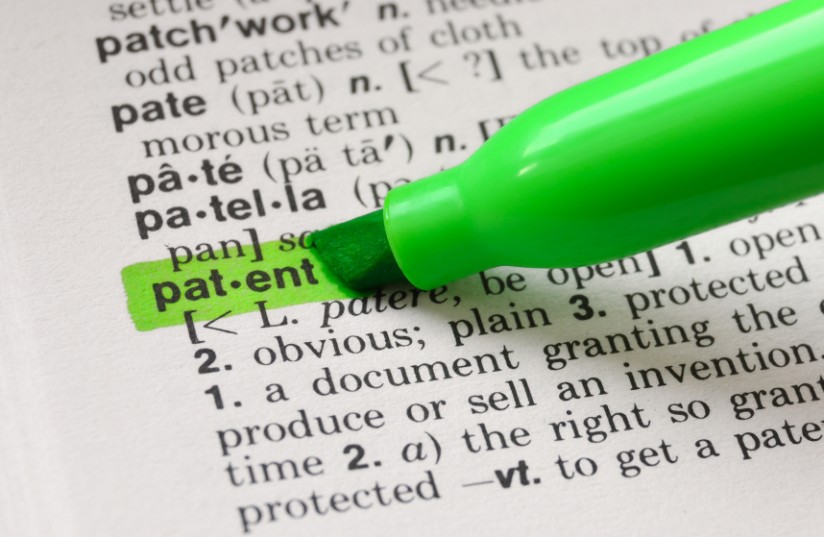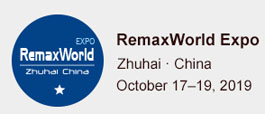A legal expert and printing industry professional discussed the issue of patent trolls.
Harvey R. Levenson, Professor Emeritus and former Department Head of Graphic Communication at Cal Poly State University, wrote an article entitled The Printing Industry and Patent Trolls, which updates on so-called patent ‘troll’ cases and their “negative impact”. He started by noting that the industry “is searching for new growth and development opportunities”, and ‘trolls’ are a new obstacle.
They buy patents “and then sue another company claiming that the use of one of its products infringes on the purchased patent”, rather than any product or service being developed “upon the patents in question”. With “broad and vague patents” in their possession, ‘trolls’ can intimidate smaller, innocent companies with legal letters and threats of litigation.
Many receiving letters “choose to pay […] out of fear”, even though patents tend to be “subject to an invalidity contention and termination by the United States Patent and Trademark Office (USPTO) when alleged infringers contest the trolls”. This is because patent litigation “is extremely expensive and can involve lengthy and time-consuming court deliberations”.
Levenson adds that the Printing Industries of America has been “attempting to bring the patent troll issue to the forefront”, citing one particular example from 2015, where an old RR Donnelly patent was used against several companies “using common web-to-print functionality”. Two ‘trolls’ in this case were CTP Innovations and High Quality Printing Innovations, which served as shell companies.
He interviewed companies affected, and noted disruption “to [OEMs] and equipment distributors as well”. One OEM told a company being sued that the patents “could not stand”, and the company in question saw the case as a “waste of resources”, meaning that they had to halt “all investments […] until we come up with a plan to protect our interest”.
Many attorneys are charging around $250,000 (€228,081), which can be “greater than the license fees being requested”, leaving smaller companies “between a rock and a hard place”. In investigating, many suggested RR Donnelly was to blame, and despite having sold the patents, Levenson found that they had “financial interests in the outcome of [these cases]”. However, he found it had indeed sold the patents, had “no ownership interest” in them and “no longer owns the patents”, and was in fact “owed compensation from the purchaser”, which was why it was identified.
Levenson believes that all companies being sued by such trolls should “work as a unit” and bring the matter to the USPTO, and “should not settle”, as giving in “will exacerbate the problem”. The Recyclerreported on numerous cases where OEMs have spoken out against patent trolls, with HP launching a petition in 2013 against one troll, MPHJ Technology Investments, while Ricoh and Xerox also challenged MPHJ, filing an “inter partes” review request to prove that the scanning patent MPHJ was trying to enforce was not in fact patentable.
Later in 2014, Canon and Google created an alliance allowing members to get a royalty-free license to patents sold by participating companies, in a bid to prevent infringement suits from patent trolls.
Details: http://www.therecycler.com/posts/update-on-patent-trolls-in-the-printing-industry/












